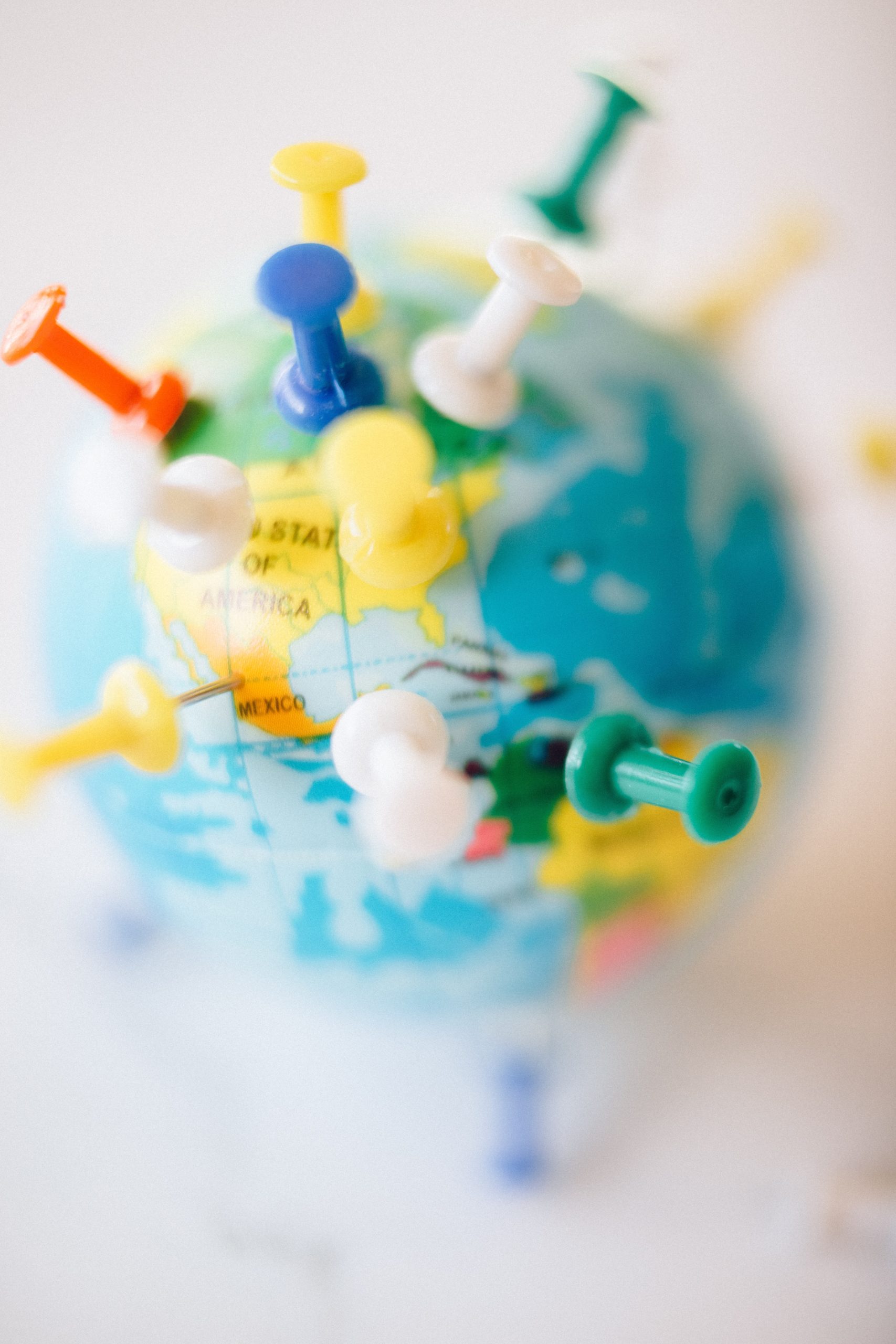
Did you know that 2 billion people—over a quarter of the world’s population have no formal documentation of their most important assets: their home, land and property (HLP)? Moreover, the 85 million refugees and people displaced by natural disaster or economic hardship has grown by four million Ukrainians fleeing war.
Article 17 of the United Nations Universal Declaration of Human Rights states that “Everyone has the right to own property alone as well as in association with others and no one shall be arbitrarily deprived of his property.”
Yet in Africa, over 90% of land parcels are unregistered due to lack of basic services and personnel. The effects are most pronounced among single women-farmers with children who claim 70% of the unregistered land parcels. Furthermore, they experience significant challenges establishing bank accounts, accessing local services and even registering the births of their children.
Why are so many people still living without proper HLP documentation? How does someone without a record of their most valuable asset acquire a mortgage and retain their home? Unfortunately, they often don’t.
No Papers? Big problem
Imagine that you are a poor Ukrainian forced to flee in the last few weeks. You’ve left with nothing more than a backpack containing the most basic provisions. You likely didn’t even think of grabbing your paper land title while your home was being damaged or destroyed.
Key targets of any military occupation are government offices and the records they contain. Disabling government services and destroying records helps an occupying force take complete control over a city or region by erasing all links to the previous authority.
Unfortunately, Ukrainians returning to their country after the war will experience additional conflict over the ownership of their homes, land and property as they cope with a total lack of any formal property ownership registry or basic government services. Will their driver’s license still be valid? What about citizenship and birth records? Weary Ukrainians will begin a long and grueling battle to re-build their homes and re-document their shattered lives.
Off the records
Paper documents and electronic records are fragile and can easily be destroyed or edited by an occupying force or puppet regime. That’s a huge problem for refugees and displaced persons. Proper documentation of basics like births and HLP require a government with the resources to collect and administer these records, something often lacking amongst war-torn or corrupt governments.
The ability for so many people to build their own digital record of their lives, has never been more urgent. At the same time, people’s trust in government, NGOs and private tech companies is at an all-time low.
So, what’s the solution?
D.I.Y.
One way to bridge the gap between the availability of basic land records and trust in the institutions that administer them is to make them trust-less. If everyone had a mobile digital wallet or secure digital container that we owned and controlled, we could document our own lives and build our own claims to our homes, land and property.
People in Ukraine and Africa with access to smartphones (and most do), could take pictures of their homes and property, document family histories, record oral accounts from elders and even register the birth of children. Just because the formal records were altered or destroyed or never even existed in the first place, doesn’t mean that you don’t exist, or you don’t own the farm you and your family have lived on for years or generations.
If our governments are unable or unwilling to provide proper documentation to support one of the most basic of human rights, then we must be able to do it ourselves. Fortunately, today’s digital technology can make that happen. In fact, we are working on it right now!

